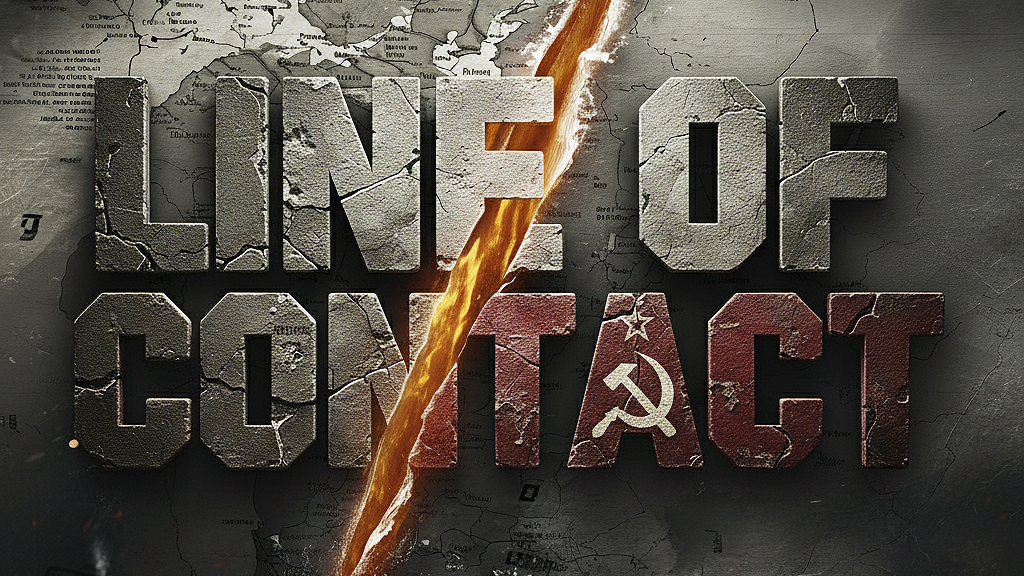
Make the call.
Line of Contact is a Cold War tactical command game where you lead, not control, thinking soldiers through authentic 1980s combat. Issue strategic orders and watch as your troops interpret them based on their training, experience, and psychological state—every soldier is an individual who can panic, disobey, or become a hero. With realistic weapon mechanics, location-based injuries, and persistent consequences across missions, success depends on understanding how soldiers think and fight under pressure, not micromanagement or perfect tactics.
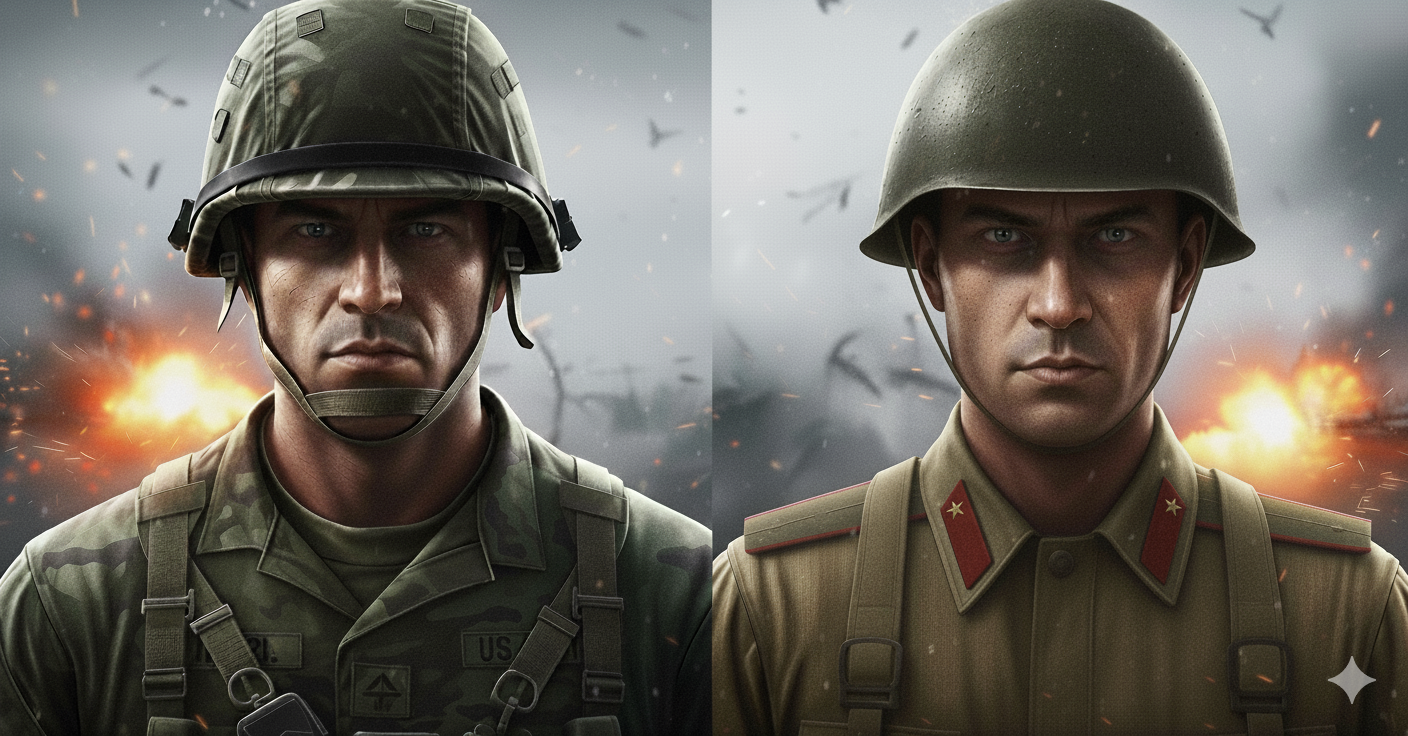
Command Without Control
In Line of Contact, you don't micromanage soldiers—you lead them. Issue orders and watch as your troops interpret, adapt, and execute based on their training, experience, and the chaos of battle. Every soldier thinks, reacts, and sometimes fails. Just like real combat.
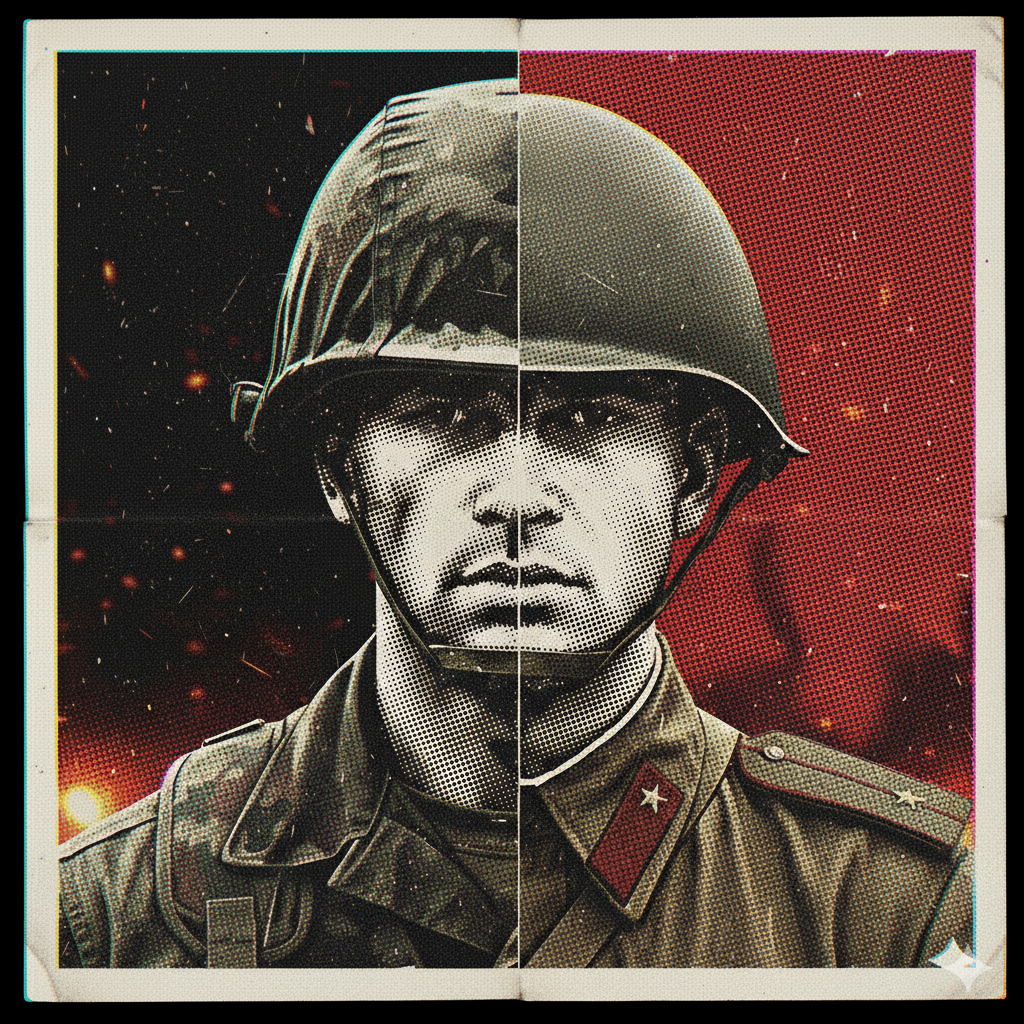
Every Soldier Has a Story.
Your troops aren't units—they're individuals. Watch a veteran sergeant steady panicked recruits under fire. See a soldier's hands shake after their first kill. Witness the critical seconds when a private must decide: follow orders or save a wounded squadmate?
Dynamic Psychology System
Suppression affects accuracy and decision-making
Morale breaks under sustained casualties
Experience shapes battlefield behavior
Leadership ripples through the ranks
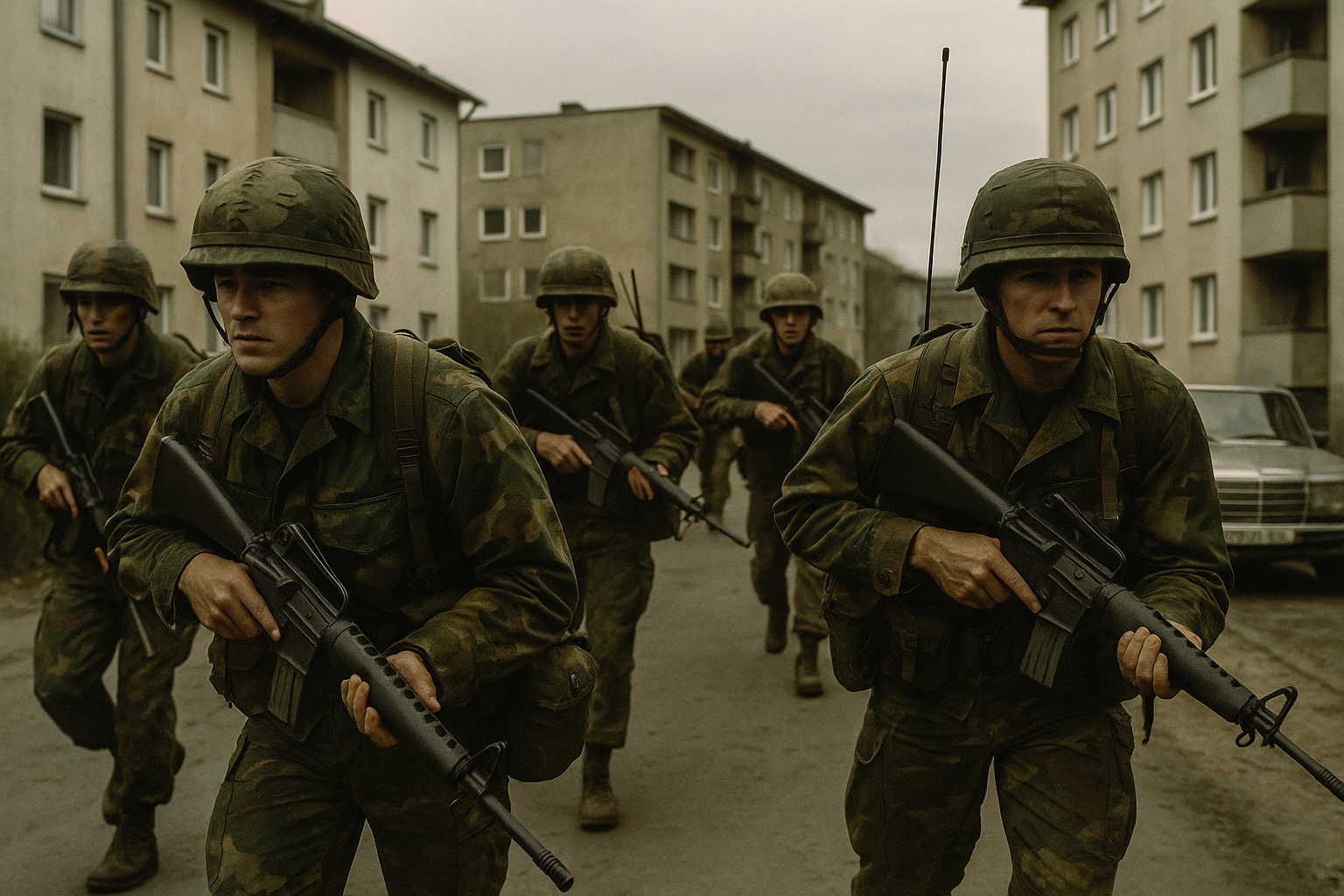
Authentic Cold War Combat
1979-1985: The Fulda Gap Era
Experience platoon-level warfare where NATO and Warsaw Pact forces clash with period-authentic tactics and equipment. No laser weapons. No drones. Just steel, lead, and the men who carry them.
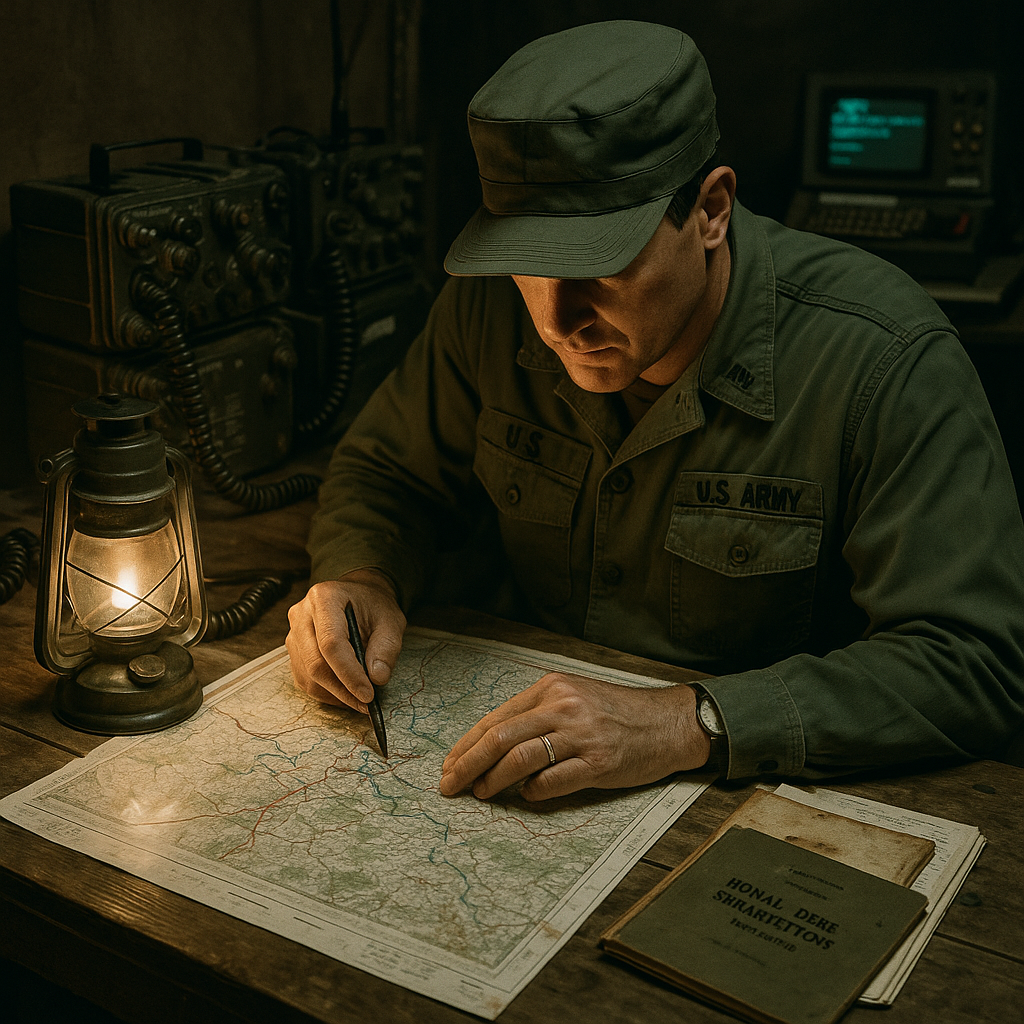
Tactical Depth
Resource Management That Matters
Individual magazines tracked per soldier
Weapons jam under stress and poor maintenance
Medical supplies mean life or death
Weight affects everything—choose your loadout wisely
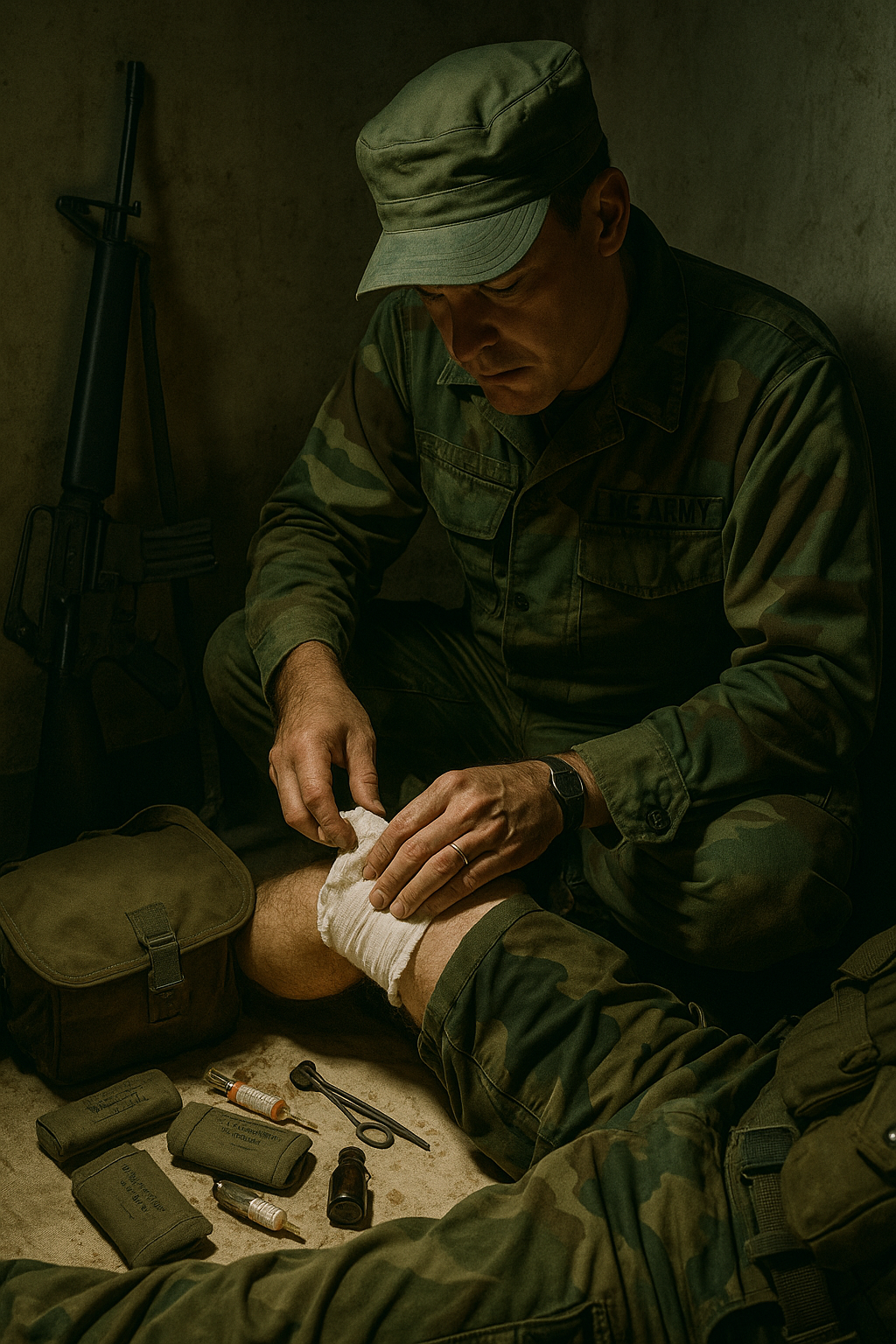
Emergent Gameplay
When Plans Meet Reality
Your perfect plan meets battlefield reality. A machine gunner's weapon jams during suppressive fire. Your point man takes shrapnel to the leg. The squad leader is down. Now what?
Realistic Injury System
Location-based damage with tactical consequences
Field medicine buys time, not miracles
Wounded soldiers need evacuation—or they die
Every casualty changes your tactical options
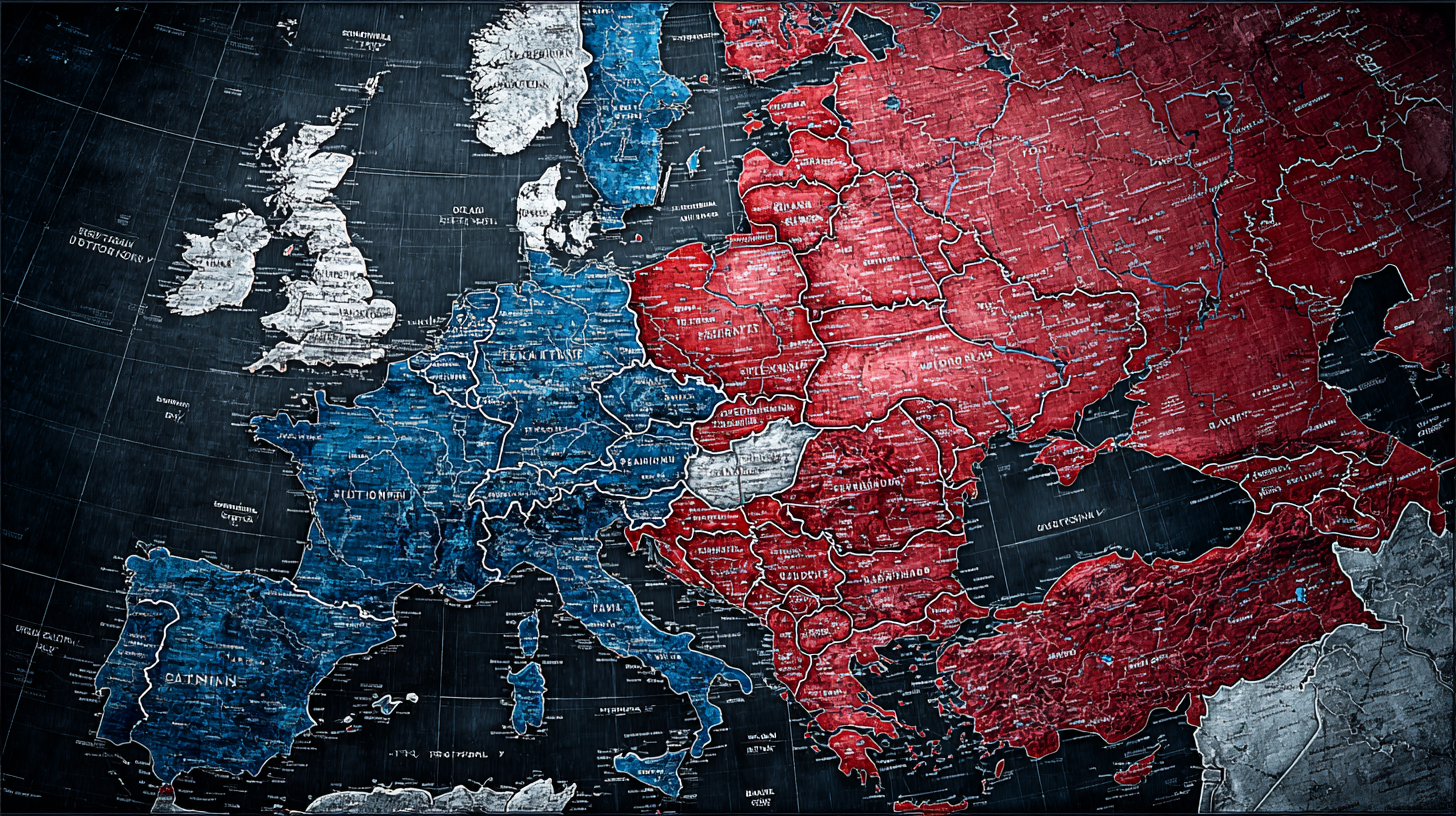
Factions
Two Ways to Fight
NATO Forces
Superior equipment, flexible doctrine, individual initiative
Warsaw Pact
Overwhelming firepower, rigid discipline, collective strength
Master different command philosophies. Adapt to asymmetric capabilities. Learn that there's no single path to victory.
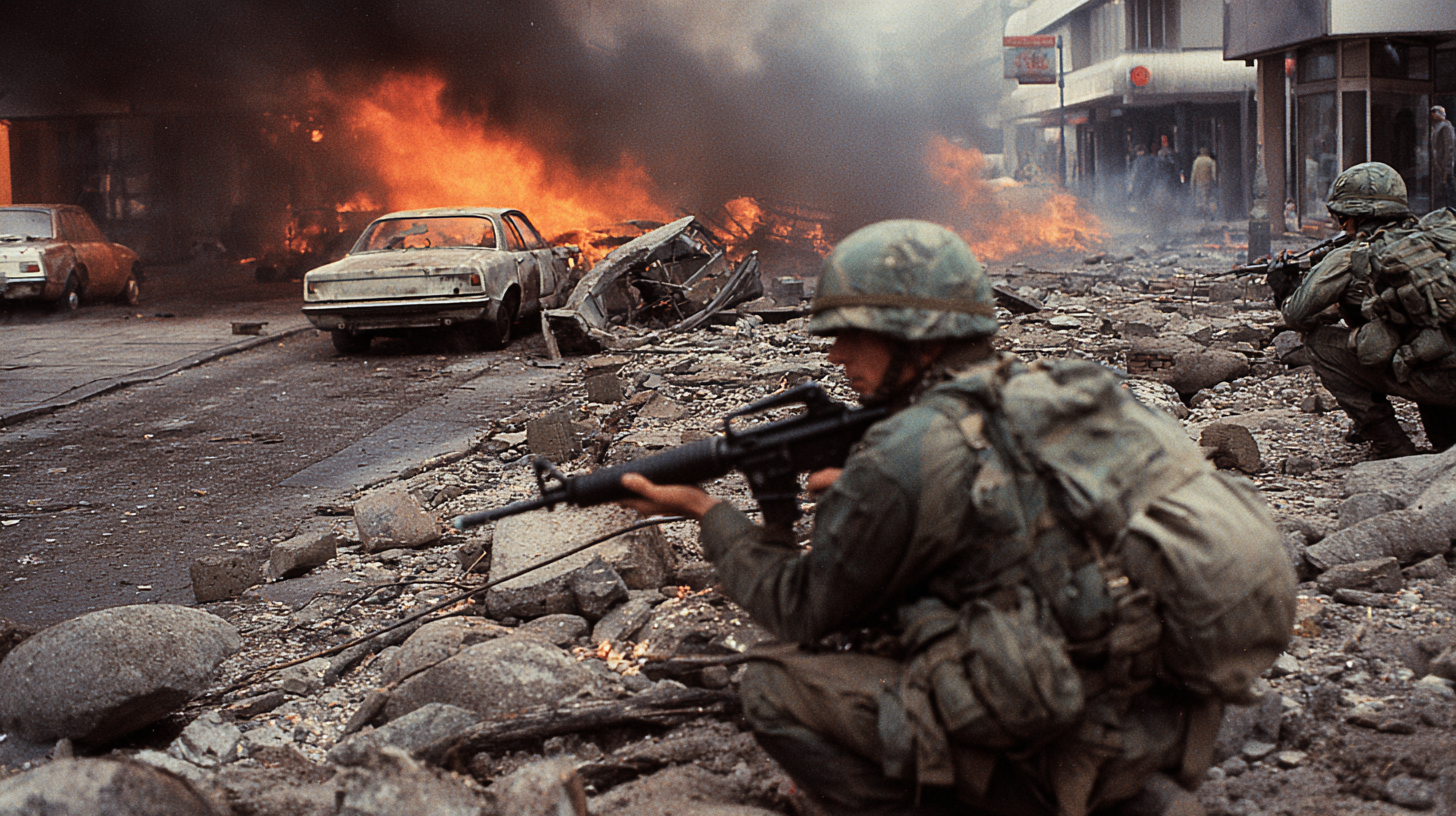
Key Features
Systems That Tell Stories
Strategic AI Command System
Issue high-level orders; AI interprets based on training and battlefield conditions
Individual Soldier Simulation
Every trooper has skills, fears, and breaking points
Authentic Ballistics
Realistic weapon handling including jams, recoil, and ammunition management
Dynamic Suppression
Fire superiority wins fights—pin the enemy while you maneuver
Persistent Soldier Development
Veterans become force multipliers; green troops need shepherding
Formation & Doctrine System
NATO vs Warsaw Pact tactical differences matter
No Health Bars
Read the battlefield through soldier behavior and radio chatter